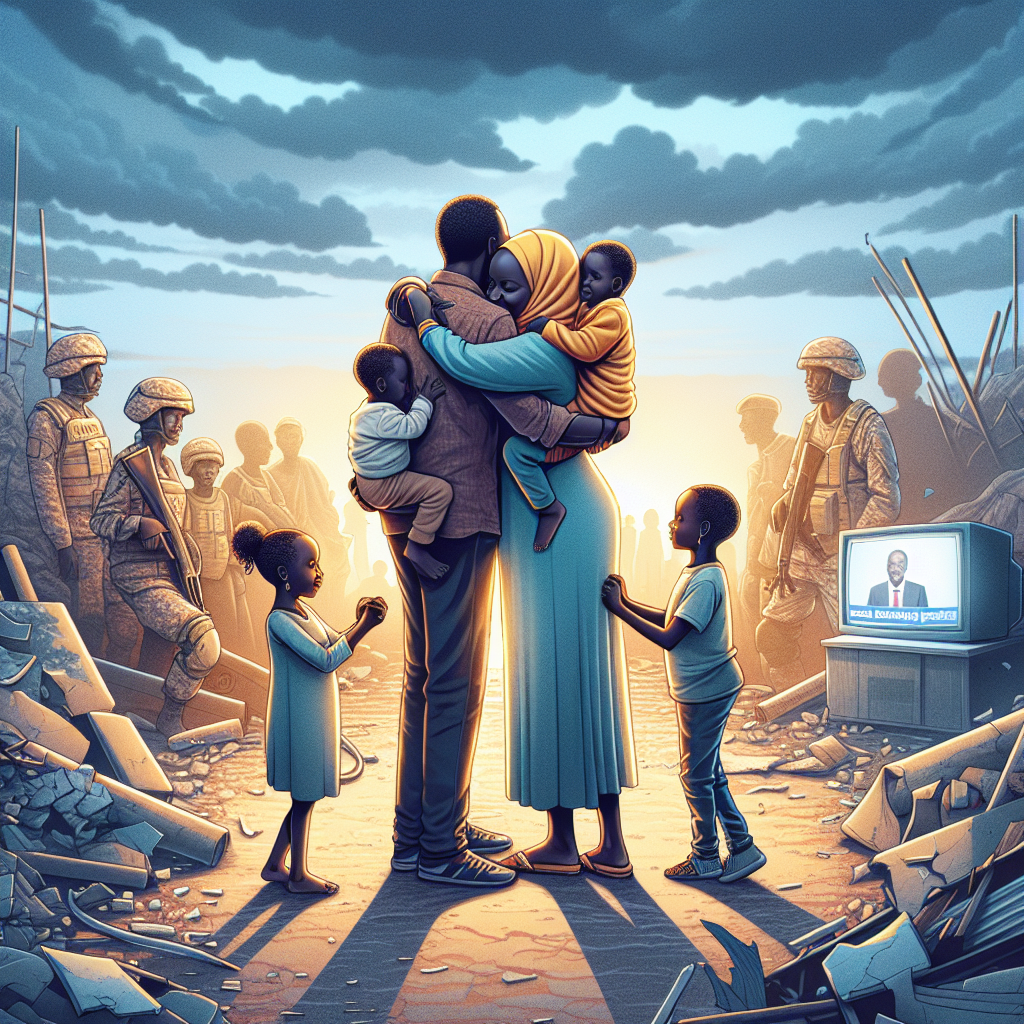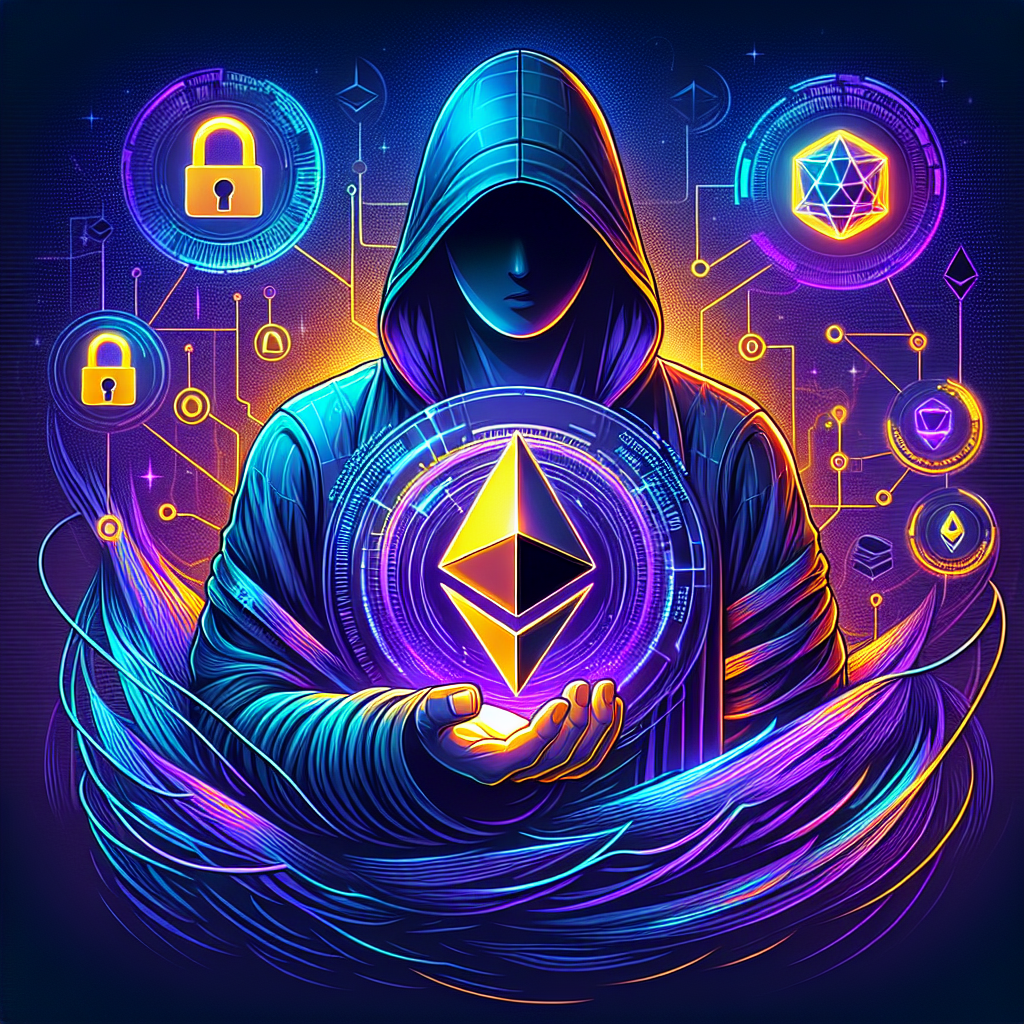**The Needle in the Wartime Haystack: How Political Will, News, and Sheer Luck Reunited a Sudanese Family**
Listen up, because this story isn’t just pulling at heartstrings—it’s yanking at the geopolitical threads holding this fractured planet together. In a moment dripping with more drama than a reality TV finale, a father named Shamoun Idris has been reunited with his family in war-torn Sudan, thanks to—you guessed it—an Al Jazeera report. That’s right. In a world where politicians can’t find their moral compass with a GPS, a news segment did what international diplomacy and red-tape-riddled institutions couldn’t: bring a husband and father back into the arms of the people who need him most.
Now, before we go all warm and fuzzy, let’s take a 360-degree swing around the cesspool we like to call modern geopolitics. Sudan is bleeding—civil war, humanitarian collapse, and more broken treaties than a corrupt casino. But somewhere in the chaos, between the air strikes and the food shortages, Fatma Ali and her children clung to the one thing more powerful than bullets or bureaucracy: hope.
Enter Al Jazeera with the Hail Mary pass.
One news report. One televised human cry for help. And boom! The dominoes fell like bad bets in a rigged poker game. Shamoun Idris, who’d been lost in the fog of one of the world’s most ignored conflicts, was located and brought home. Not by the U.N. Not by a glacially slow NGO. By a broadcaster. You can’t make this up.
So, what does this actually say?
First, let’s call out the so-called international community. The same crowd that sends statements and sympathy from air-conditioned conference halls while people on the ground dodge missiles. If global leadership had as much gumption as Al Jazeera’s field reporters, maybe families like Shamoun’s wouldn’t need satellite news to do the job of entire ministries.
Second, let’s talk about Fatma Ali. While the world watched the Sudanese crisis like a Netflix mini-series, she played the long game. She didn’t just wait. She fought—navigating the minefield of fractured alliances, ethnic fault lines, and a collapsing civic infrastructure. That’s tactical patience. That’s grit. That’s power.
And Shamoun? He’s more than a man lost and found. He’s a symbol of what’s possible when storytelling cuts through the smog of silence. His reunion is proof that human lives shouldn’t need media magnification to be recognized. But hey, until international law and human dignity stop being optional add-ons to policy packages, we’ll take the victories where we can muscle them.
To the journos in the trenches—boots on the ground, risk in their veins—this one’s for you. While diplomats dance the indecisive waltz and paper-pushers push pencils on problems they can’t pronounce, your lens, your mic, and your pen become lifelines.
But let’s not sugarcoat this. The war in Sudan rages on. Shamoun’s reunion isn’t the end of the story; it’s a loud, defiant paragraph in a chapter that’s still being written in blood and bombshells. This is a Band-Aid on a bullet wound. A spark in the dark. A symbol of what happens when human will and spotlight journalism collide in the best damn way possible.
So here’s my call to the international puppet masters and decision-makers sipping Chardonnay in Geneva while people starve in Khartoum: Less talk. More reunions. Less red tape. More results. And if one media report can change a family’s fate, imagine what coordinated global willpower could do—if it wasn’t too “inconvenient” to care.
The game’s on, headlines are weapons, and if you’re in the arena, you better bring more than thoughts and prayers.
Because the people of Sudan deserve more than hashtags.
They deserve hope, action, and yes—victory.
– Mr. 47







